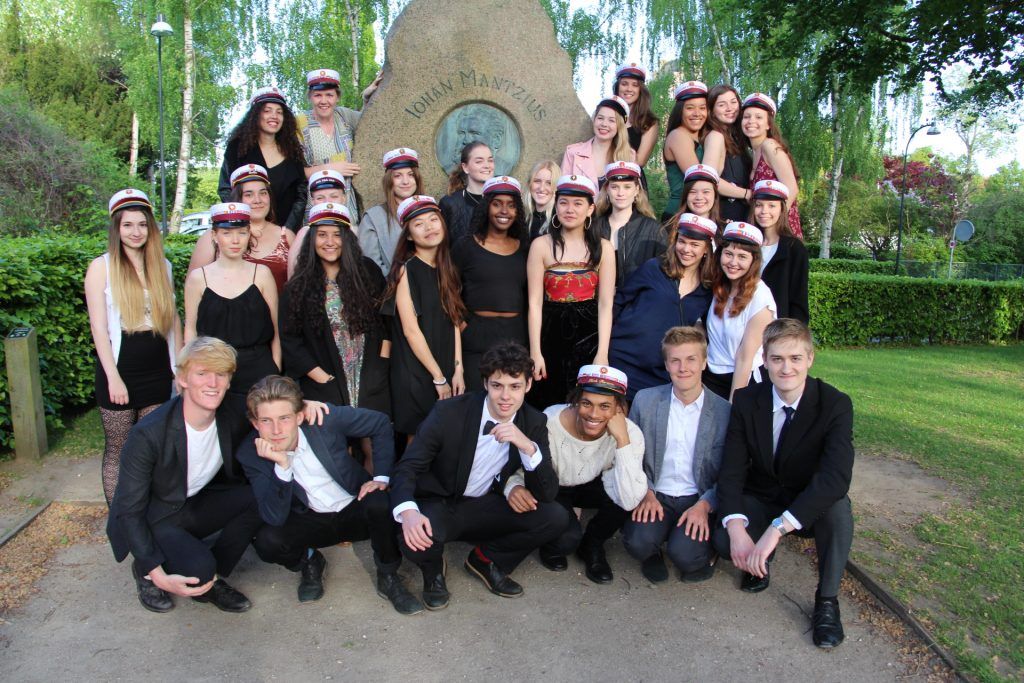Nestled in the quaint green corridor just north of Copenhagen, Birkerød Gymnasium has been a melting pot of 16 to 19-year-old Danish and international students for decades.
With the world increasingly transforming into a global village, the school has long been ahead of its time. It certainly doesn’t lack in pedigree.
Founded way back in 1868, Birkerød Gymnasium accommodates about 1,100 international and Danish students on two national programs and the IB Diploma Programme
In fact, the school has grown into one of the biggest IB schools in Denmark since first becoming an IB World School over two decades ago.
Another interesting aspect of Birkerød Gymnasium is its boarding school, one of just three in Zealand, which houses some 78 students and makes it one of the most unique educational establishments in Denmark.
CPH POST sat down with IB co-ordinator Christina Rye Tarp for a short Q&A to delve deeper into the intriguing school.
What makes Birkerød Gymnasium so special?
Having such a large group of international students makes our school unique compared to other Danish gymnasiums. At BG you find an international environment set in a national Danish school setting, along with a great mix of global and local settings.
How did incorporating the IB impact the school?
It has, of course, made Birkerød Gymnasium into an international school, which is also how we now brand ourselves. Especially now, with our more than 300 pre-IB and IB students representing approximately 50 nationalities, the environment at the school feels truly international.
How does the boarding school affect the dynamic of the school?
The 78 boarders, most of whom attend pre-IB and the IB Diploma Programme, see the school as a part of their home. For many, their parents live in another country, and in the case of the boarding school students you often find a Danish/international mix, which is typical in the IB department at BG.
What are the benefits of having Danish and international students at the same school?
It gives the students the opportunity to achieve greater insight into other cultures – to see that people from around the world are different but also in many ways alike. It also gives the students from other countries an insight into Danish society by seeing how a Danish public school is run. The students often establish contact all over the world, such as at the annual Global Culture Fair, which is hosted by the IB students, and through other school activities they participate in.
How has Birkerød Gymnasium adapted to an increasingly globalised world?
Some years ago a few IB students started a MUN (Model United Nations) club at the school and this initiative has grown into an annual MUN conference in Birkerød. BIGMUN, is now one of the largest MUN conferences in Scandinavia, with schools from all over the world attending. Furthermore, the students can participate in exchange trips to India, Morocco and the USA if they wish for even greater insight into other cultures.
Why is Birkerød such an ideal location for the school?
It is situated north of the centre of Copenhagen, but trains run to/from Copenhagen every 10 minutes. Many of our pre-IB and IB students commute from Copenhagen (a trip which only takes 20 minutes) and other towns north of Birkerød. BG is situated in a beautiful green landscape close to the largest city in Denmark, so it offers our students the best from both worlds, combining the Danish tradition of small local communities with the atmosphere of an international village.














